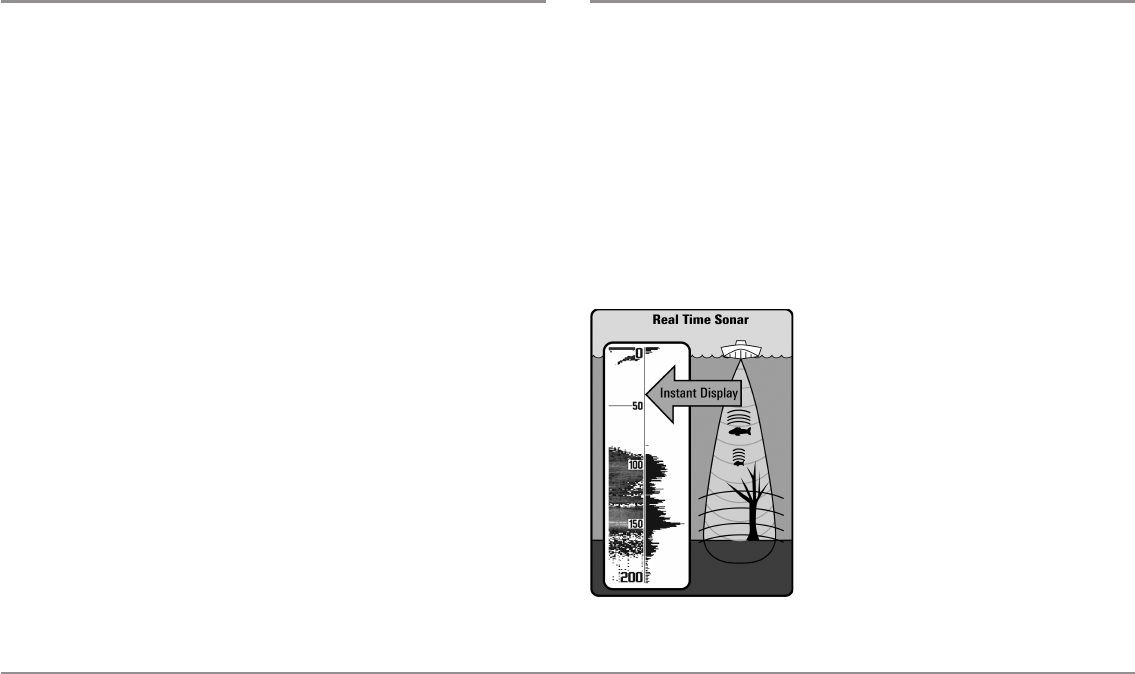
Introduction
1
Introduction
Your Humminbird® Fishing System comes in several different configurations.
See the following list of products, all of which are covered by this manual, to
find your 800/900 Series™ configuration:
• Humminbird® 858c Combo: Wide screen Fishing System with
DualBeam PLUS™ Sonar and Chartplotting. GPS Receiver included.
• Humminbird® 858c DI Combo: Wide screen Fishing System with
Down Imaging™ Sonar, Traditional 2D Sonar, and Chartplotting. GPS
Receiver included.
• Humminbird® 898c SI Combo: Wide screen Fishing System with
Side Imaging® Sonar, DualBeam PLUS™ Sonar, Down Imaging™
Sonar, and Chartplotting. GPS Receiver included.
• Humminbird® 958c Combo: Ultra wide screen Fishing System with
DualBeam PLUS™ Sonar and Chartplotting. GPS Receiver included.
• Humminbird® 958c DI Combo: Ultra wide screen Fishing System
with Down Imaging™ Sonar, Traditional 2D Sonar, and Chartplotting.
GPS Receiver included.
• Humminbird® 998c SI Combo: Ultra wide screen Fishing System
with Side Imaging® Sonar, DualBeam PLUS™ Sonar, Down
Imaging™ Sonar, and Chartplotting. GPS Receiver included.
How Sonar Works
Sonar technology is based on sound waves. The Fishing System uses sonar
to locate and define structure, bottom contour and composition, as well as
depth directly below the transducer.
Your Fishing System sends a sound wave signal and determines distance by
measuring the time between the transmission of the sound wave and when
the sound wave is reflected off of an object; it then uses the reflected signal
to interpret location, size, and composition of an object.
Sonar is very fast. A sound wave can travel from the surface to a depth of
240 ft (70 m) and back again in less than 1/4 of a second. It is unlikely that
your boat can "outrun" this sonar signal.
SONAR is an acronym for SOund and
NAvigation Ranging. Sonar utilizes precision
sound pulses or "pings" which are emitted into
the water in a teardrop-shaped beam.
The sound pulses "echo" back from objects in
the water such as the bottom, fish and other
submerged objects. The returned echoes are
displayed on the LCD screen. Each time a new
echo is received, the old echoes are moved
across the LCD, creating a scrolling effect.


















